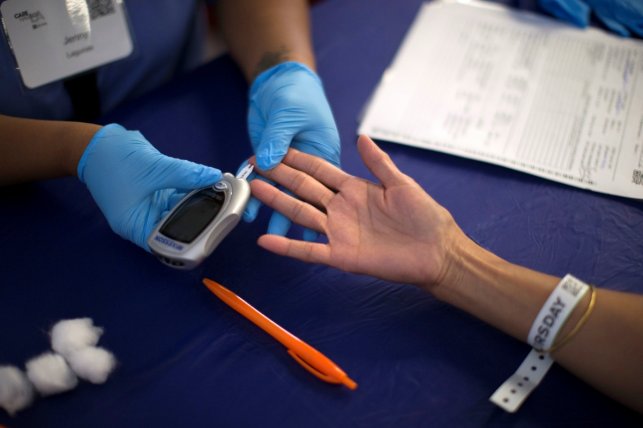
Phthalates, which are used as plasticizers in plastics and medical devices, are now linked to high incidence of cardio vascular diseases and diabetes among men by researchers at the University of Adelaide and the South Australian Health and Medical Research Institute (SAHMRI).
Phthalates are used in common consumer products such as food packaging, wrappings, toys, medications and medical devices but the researchers were shocked to see that the chemical was detected in urine samples of 99.6% of those aged 35 and above. They tested 1,500 South Australian men for their study.
"We found that the prevalence of cardiovascular disease, type-2 diabetes and high blood pressure increased among those men with higher total phthalate levels," said lead author Zumin Shi from the University of Adelaide's Adelaide Medical School.
"While we still don't understand the exact reasons why phthalates are independently linked to disease, we do know the chemicals impact on the human endocrine system, which controls hormone release that regulates the body's growth, metabolism, and sexual development and function," he said, not ruling out the role of phthalate with increased levels of any inflammation.The findings have been published in the international journal Environmental Research.
"While 82% of the men we tested were overweight or obese – conditions known to be associated with chronic diseases – when we adjusted for this in our study, the significant association between high levels of phthalates and disease was not substantially altered," said Shi.
Even after adjusting socio-economic and lifestyle factors such as smoking and alcohol, the link between high levels of phthalates and disease remained unchanged, he said. Though the team conducted their study on men, they do not rule out similar impact on women.
Previous studies have shown that age factor and western diets were behind the higher concentrations of phthalates, often attributed to junk or packaged food and carbonated drinks.These studies have shown that phthalates can considerably increase the risk of allergies among children as demonstrated recently by a team of UFZ researchers, the University of Leipzig and the German Cancer Research Center (DKFZ) in a study published in the Journal of Allergy and Clinical Immunology.
Another study at Karlstad University in Sweden showed that phthalates from PVC flooring materials are taken up by our bodies, especially by children who can ingest these softening agents with food or by breathing and through the skin.
Another epidemiology study of more than 300 women suggested that exposure to certain phthalates could be associated with miscarriage, mostly between 5 and 13 weeks of pregnancy. These findings were published in the ACS journal Environmental Science & Technology in September 2015.
"People concerned about this issue can't go wrong by eating more fruits and vegetables and less fast food," suggested Ami Zota, an assistant professor of environmental and occupational health at Milken Institute SPH, at the George Washington University, last year."A diet filled with whole foods offers a variety of health benefits that go far beyond the question of phthalates," she advised.









